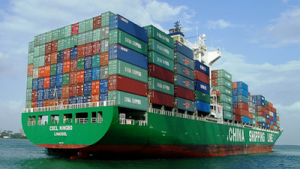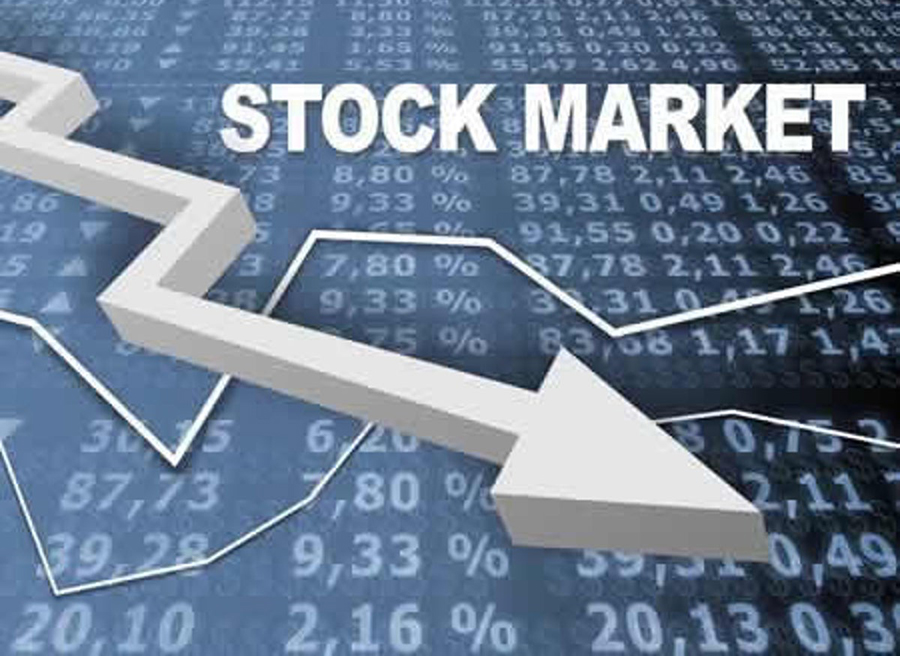Some maritime experts said that the deep blue security, deep sea ports, disbursement of Cabotage Vessel Finance Fund (CVFF), others are key projects that would reshape Nigerian maritime/shipping industry.
They said this at a webinar organised by the Nigerian Chamber of Shipping (NCS) with the theme, “Nigeria’s 2023 Economic Outlook – Special Focus on Maritime/Shipping Sector,” on Thursday.
The Nigerian Chamber of Shipping is the trade association for the Nigerian maritime/shipping industry, representing the entire sector.
The chambers 2023 economic outlook seeks to reflect national and global economic trends that will shape the economic outlook of the year 2023 with particular focus on the maritime industry.
Mrs Tosan Edodo-Emore, Chairman Zoe Maritime Resources Ltd., while speaking on maritime security and the Deep Blue Project noted that she would like to see the project tackling maritime crime at the brown waters – inland waterways.
She pointed that the Deep Blue Project of the Nigerian Maritime Administration and Safety Agency (NIMASA) was targeted at securing the Gulf of Guinea (GoG) which was the blue waters.
Edodo-Emore said that unfortunately, much of the hatching and ploting of attacks on the blue waters are done on the brown waters – the waterways and so the need to secure it.
She also called on the need to harmonise maritime legislation of countries in the Gulf of Guinea to ensure easy trial of criminals.
“Nigeria passed and enforced the Suppression of Piracy and Other Maritime Offences (SPOMO) Act, signed into law in June 2019 and in this year, I am proposing that other countries in the GoG should have similar legislation.
“This will ensure that sea criminals are caught and dealt with in the region,” she said.
In his presentation, Dr Chamberlain Peterside, Executive Chairman, Xcellon Capital Advisors Ltd., urged Nigeria to think in line of having another national shipping line in partnership with indigenous private sector operations.
According to Peterside, the level of attention the new administration will give the industry and readiness of local players to capitalise on ancillary maritime activities like vessel servicing and ship repairs with emergency of deep sea port matters.
“Can indigenous maritime shipping operators step-up to leverage growth opportunity in export market and intra-African trading under the African Continental Free Trade Agreement pact.
“Nigeria has to brace up for a little bit rough ride but the country has gone beyond the worst, the post-election will see a positive ride,” he said.
He noted that it had not been all gloomy and doom in the industry as the emergence of Fintech as regard commerce and rail infrastructure was witnessed.
Mr Akinwale Alao, Partner, Consumer and Industrial Market and International Tax, KPMG Nigeria, noted that the maritime sector would see an increase wave on tax audit and investigation this year.
According to him, this is because government was trying to get sufficient revenue to meet its responsibilities and this they are seeking through tax on spectrum fees and the maritime sector.
“Maritime stakeholders should engage the Federal Inland Revenue Service on issues of withholding tax credit so that they don’t fall into problems,” he said.
He pointed out that he saw growth in the sector this year with the inauguration of the deep sea port which would generate job opportunities for people.
Earlier, Mr Andy Isichei, President, NCS noted that the chambers breakfast meeting was necessitated because of concern over the negligent Nigerian maritime industry.
Isichei was represented by Mrs Ify Akerele, Member, Board if Trustee, NCS.
He pointed out that one of the downturns of 2022, was the inability of the Nigerian port to make it to the list of 100 busiest ports in the world, while Togo made the list as the 96th port.
“Another is the long turnaround time of vessels at our ports, the difficulty in accessing the ports, impracticable efforts of the government to digitalise the ports, and more,” he said.
He added that the year 2022 was quite eventful with a few developments in the industry, which should precipitate economic growth on short term and long-term basis.
“Developments such as the Deep Blue Project, Lekki Deep Port, approval of the disbursement of the Cabotage Vessel Finance Funds (CVFF), establishment of Inland Dry Ports, refurbishment of the rails, are clear indicators of an economically viable Maritime Industry.
“We hope to evaluate the impact of these developments to the Maritime economy at the webinar,” he said.













